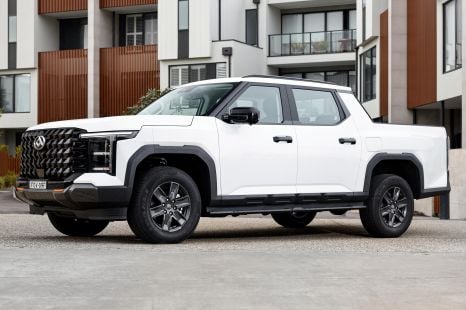

Damion Smy
3 Days Ago
A new regulation would ban Chinese software and hardware in new vehicles sold in the US within the next few years.

News Editor
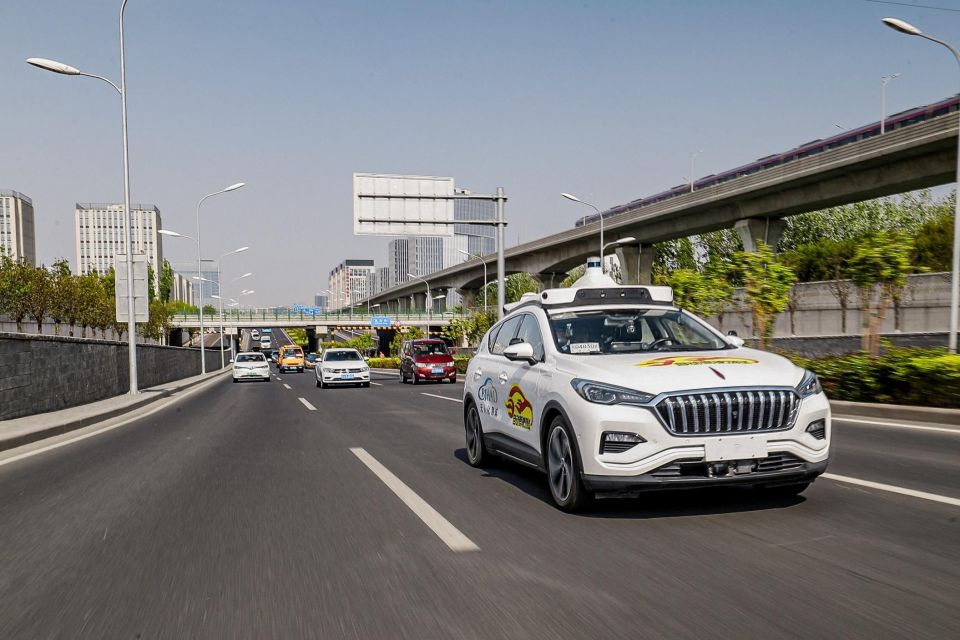

News Editor
The US Government is expected to propose prohibiting Chinese software and hardware in new vehicles, amid concerns over Chinese companies collecting data on US drivers and infrastructure.
Two sources told Reuters the US Commerce Department is expected to disclose the proposed regulation today, and give the public 30 days to comment before the rules are finalised.
This regulation would ban the import and sale of vehicles from China with communications or automated driving system software or hardware from that country, affecting driver assist and infotainment technology alike.
It would reportedly see the software ban apply from the 2027 model year onwards, and the hardware ban from January 2029.
100s of new car deals are available through CarExpert right now. Get the experts on your side and score a great deal. Browse now.
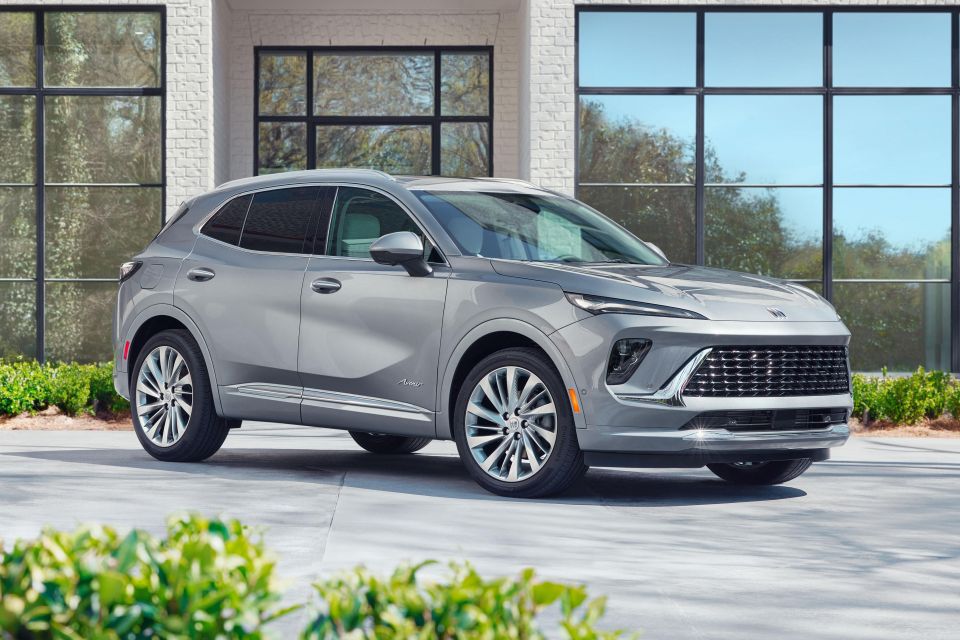
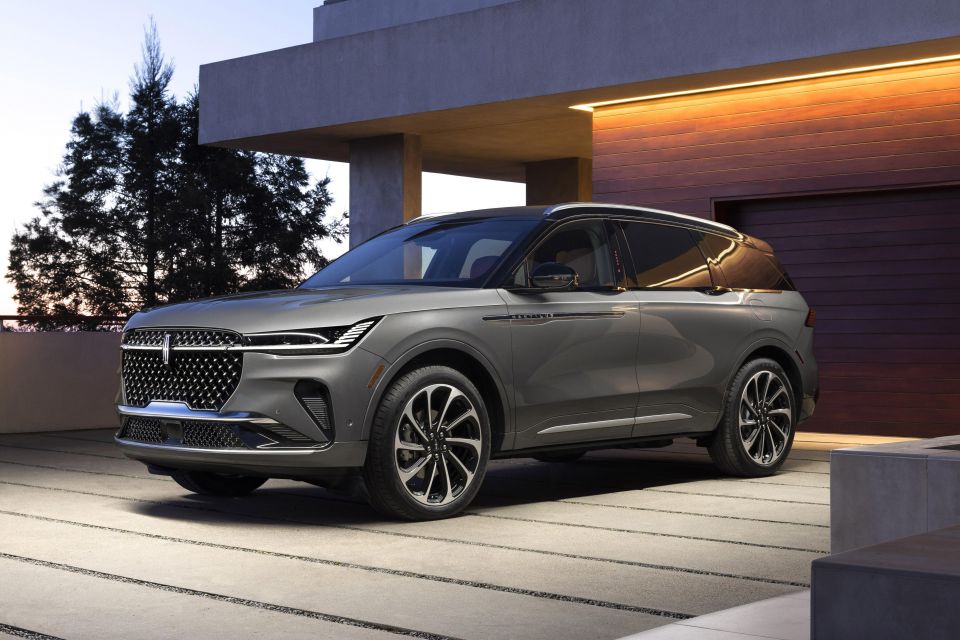
It’ll also reportedly apply to other “countries of concern” like Russia, though this country doesn’t export any vehicles to the US.
Even Chinese-made cars are relatively rare in the US. These comprise the Buick Envision, Lincoln Nautilus, Polestar 2 and Volvo S90, with Chinese auto giants like SAIC Motor and BYD not competing in the market.
Polestar, owned by Chinese giant Geely, has previously confirmed to CarExpert it only stores personal data for Chinese-market cars on data servers in China.
It also confirmed it doesn’t store internal or external visual or audio recordings, and that “in most cases customers can choose to not consent to personal data being shared with Polestar”.
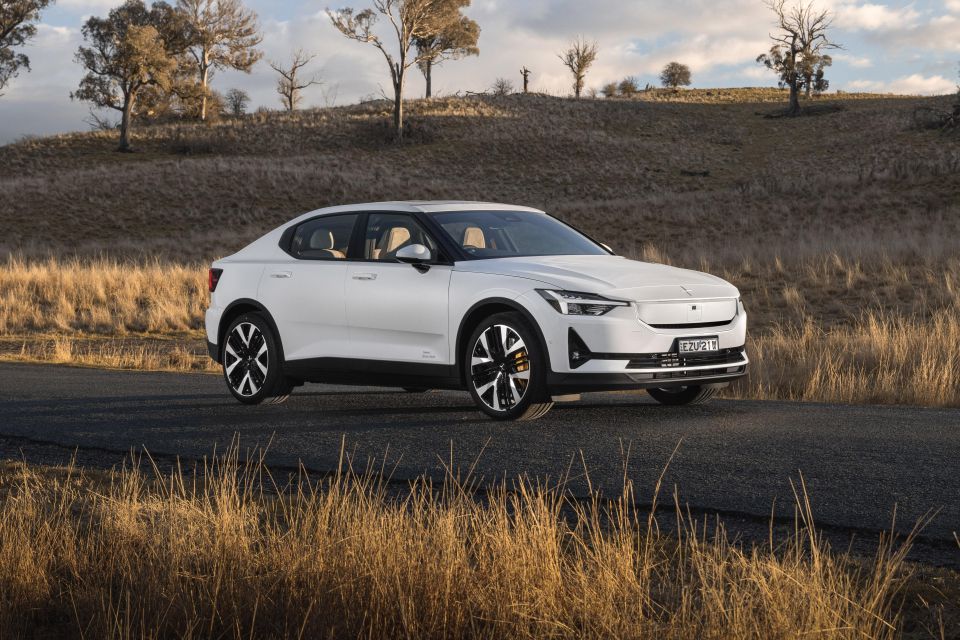
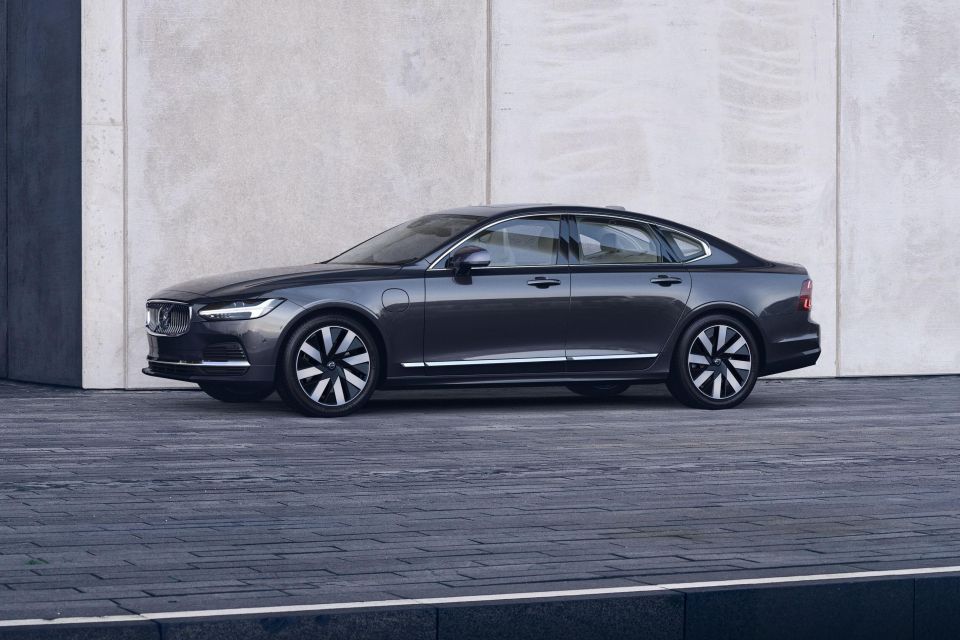
The US Government launched a probe in February into Chinese vehicles and the data they collect, with the Commerce Department expressing concern in particular about the ability for autonomous vehicles to be “piloted or disabled remotely”.
US President Joe Biden said at the time the probe was an “unprecedented action to ensure that cars on U.S. roads from countries of concern like China do not undermine our national security”.
“You can imagine the most catastrophic outcome theoretically if you had a couple million cars on the road and the software were disabled,” said Commerce Secretary Gina Raimondo in May.
The move comes after the US Government locked in tariff hikes on Chinese imports, including a 100 per cent duty on Chinese electric vehicles (EVs).
It also increased the tariffs on lithium-ion EV batteries and related battery parts from 7.5 to 25 per cent.
William Stopford is an automotive journalist based in Brisbane, Australia. William is a Business/Journalism graduate from the Queensland University of Technology who loves to travel, briefly lived in the US, and has a particular interest in the American car industry.


Damion Smy
3 Days Ago
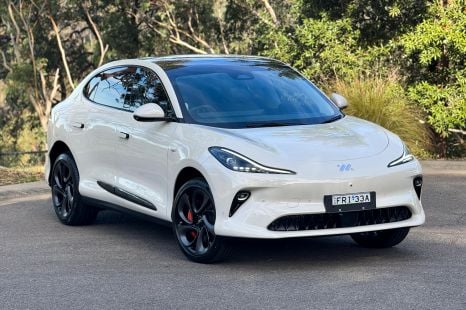

Matt Campbell
1 Day Ago
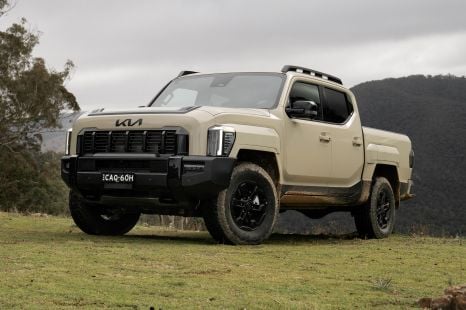

Josh Nevett
1 Day Ago
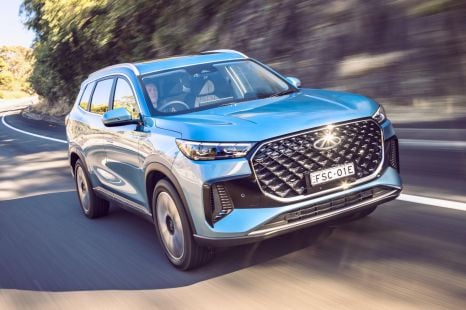

Max Davies
1 Day Ago
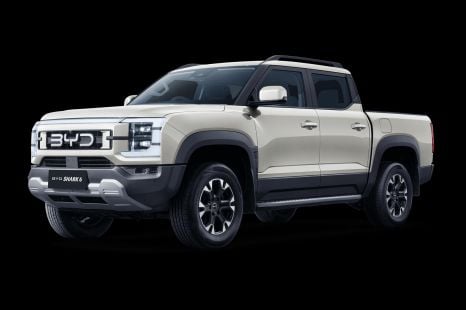

William Stopford
1 Day Ago


Paul Maric
1 Day Ago